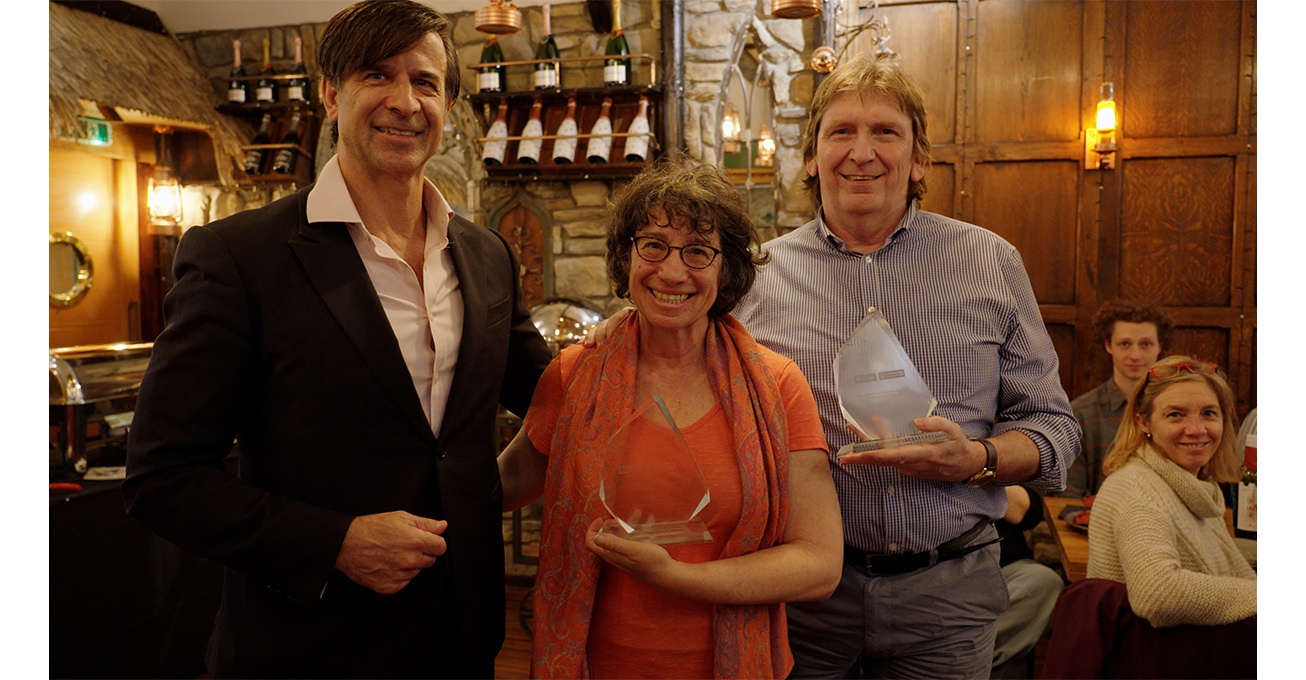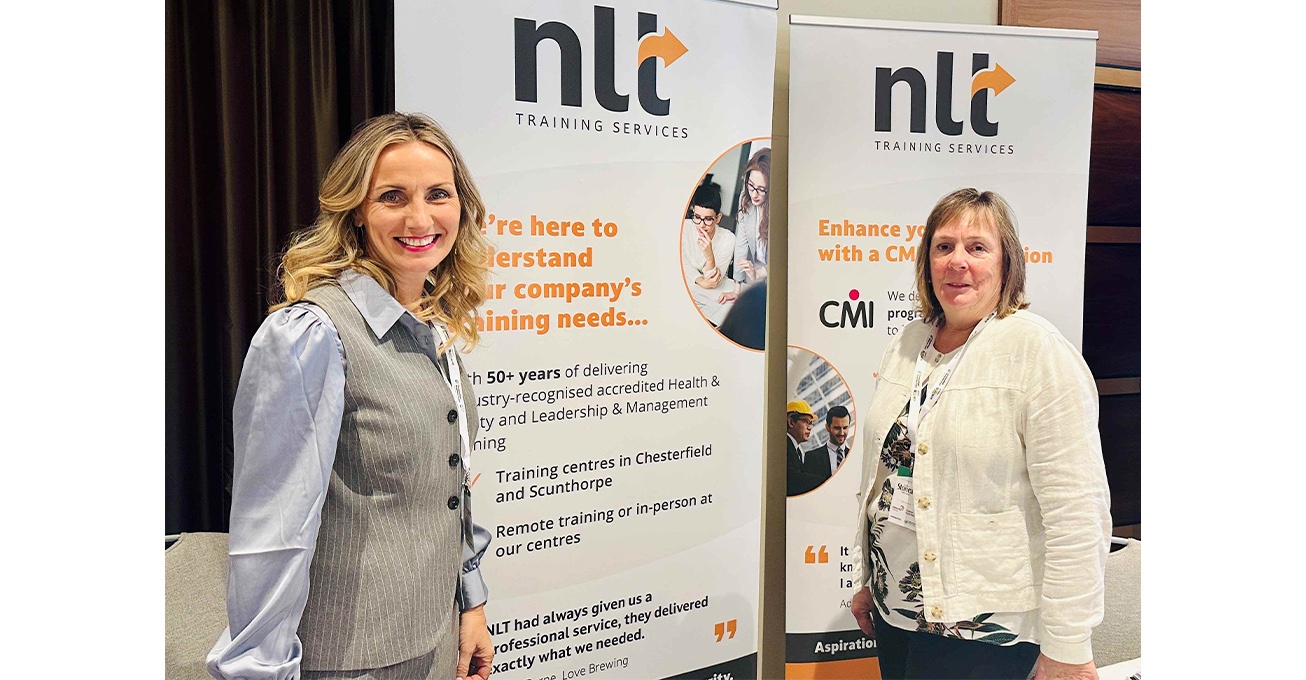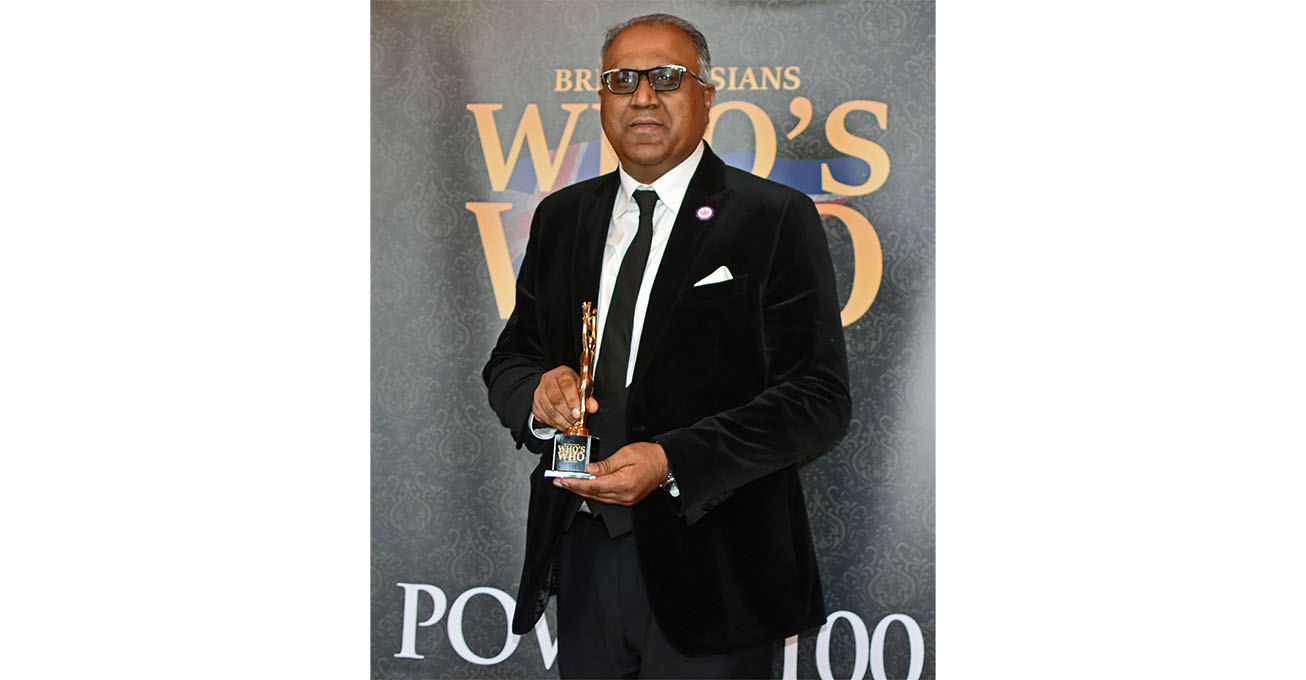Best-selling author and leadership specialist Gavin Bryce shares insight into leadership and the attributes required for success.
In my formative years, my perception of successful leaders was shaped by a prevailing belief: they were expected to possess an unassailable aura of competence, be the paragon of intelligence and unwavering certainty.
One example of a revered leader whose strategic acumen and commanding presence epitomised leadership excellence is Sir Alex Ferguson, the legendary former manager of Manchester United Football Club. Ferguson’s unparalleled success in the world of football, his tactical brilliance, and his ability to inspire and lead his team to victory made him a revered figure not only in sports but also in business and leadership circles. His leadership style and achievements were widely studied and admired, cementing his status as a quintessential leader on a global scale.
However, as I progressed through my career as a leadership specialist, I came to realise that this traditional model of leadership, characterised by its individualistic, results and profit-driven ethos, was increasingly incongruent with the demands of our rapidly evolving business landscape.
The contemporary milieu of leadership demands a paradigm shift away from the archetype of the infallible hero, propelled solely by the pursuit of winning, power and wealth. There are several imperatives compelling this evolution.
Firstly, the velocity of change and complexity in today’s world necessitates a more collaborative, adaptive approach to leadership. Hierarchical decision-making structures are ill-suited for navigating the myriad uncertainties and disruptions that define our modern reality. Instead, organisations must embrace decentralised decision-making and foster cultures of agility and innovation to thrive in this dynamic environment.
Secondly, there is a burgeoning recognition that a company’s purpose transcends mere profit maximisation. Today’s employees and consumers increasingly expect organisations to demonstrate a commitment to broader societal and environmental goals. Leaders must therefore align their actions with these values, fostering a sense of meaning and purpose among their teams.
Thirdly, authenticity and empathy have emerged as prized attributes in leadership. In an era characterised by heightened transparency and connectivity, the façade of the aloof, unapproachable leader is no longer tenable. Employees seek leaders who are genuine, relatable, and capable of nurturing cultures of trust and psychological safety.
The nature of work itself has undergone a profound transformation, placing a premium on creativity, collaboration, and emotional intelligence. In this context, leaders must cultivate environments that nurture these qualities, empowering their teams to thrive amidst ambiguity and complexity.
In response to these imperatives, I advocate for a leadership philosophy centred around five core principles:
Purpose
At the heart of effective leadership lies a clarity of purpose—both personal and organisational. Leaders must articulate their vision and values, fostering alignment and motivation among team members. This necessitates a deep introspection into one’s own motivations and aspirations, as well as a keen understanding of the organization’s mission and goals.
Role
Effective leadership involves more than just issuing directives; it requires inspiring others, creating momentum, and fostering a culture of possibility and hope. Leaders must embody the qualities they wish to cultivate in their teams—resilience, optimism, and a bias towards action. This often entails stepping outside one’s comfort zone, embracing vulnerability, and leading by example.
Service
Leadership is fundamentally a service-oriented endeavour—its about serving others rather than pursuing personal gain. Leaders must adopt a mindset of stewardship, prioritising the needs and well-being of their employees, customers, and stakeholders above their own. This requires empathy, humility, and a willingness to actively listen and learn from others.
Values
Values are the guiding principles that shape an organisation’s culture and inform its decision-making. Leaders must embody and promote values such as integrity, respect, and compassion, ensuring they guide behaviour at all levels of the organisation. This entails making difficult choices and standing firm in the face of ethical dilemmas, even when it may be personally costly.
Authenticity
This is the cornerstone of effective leadership—it is about being true to oneself and genuine in one’s interactions with others. Authentic leaders are transparent, vulnerable, and unafraid to show their humanity. This fosters trust and connection, enabling teams to collaborate more effectively and navigate challenges with resilience and grace.
Conclusion
By embracing these principles, leaders can create organizations that are not only successful but also sustainable and socially responsible. The journey toward becoming an effective leader begins with introspection and self-awareness. It requires a willingness to challenge assumptions, confront biases, and continuously learn and grow. Ultimately, leadership is not about a title or position—it is about the impact we have on the lives of others and the legacy we leave behind. So, let us each strive to be the leaders we aspire to be, and as Gandhi said, “Be the change you wish to see in the world.”
Gavin Bryce is a renowned author, leadership specialist, and advocate for personal growth. With a focus on unmasking the inner critic, Bryce empowers individuals to overcome self-limiting beliefs and lead with conviction. His Amazon best-selling book serves as the foundation for the Unmasking Leaders Workshop, offering practical strategies for professional and personal development.







